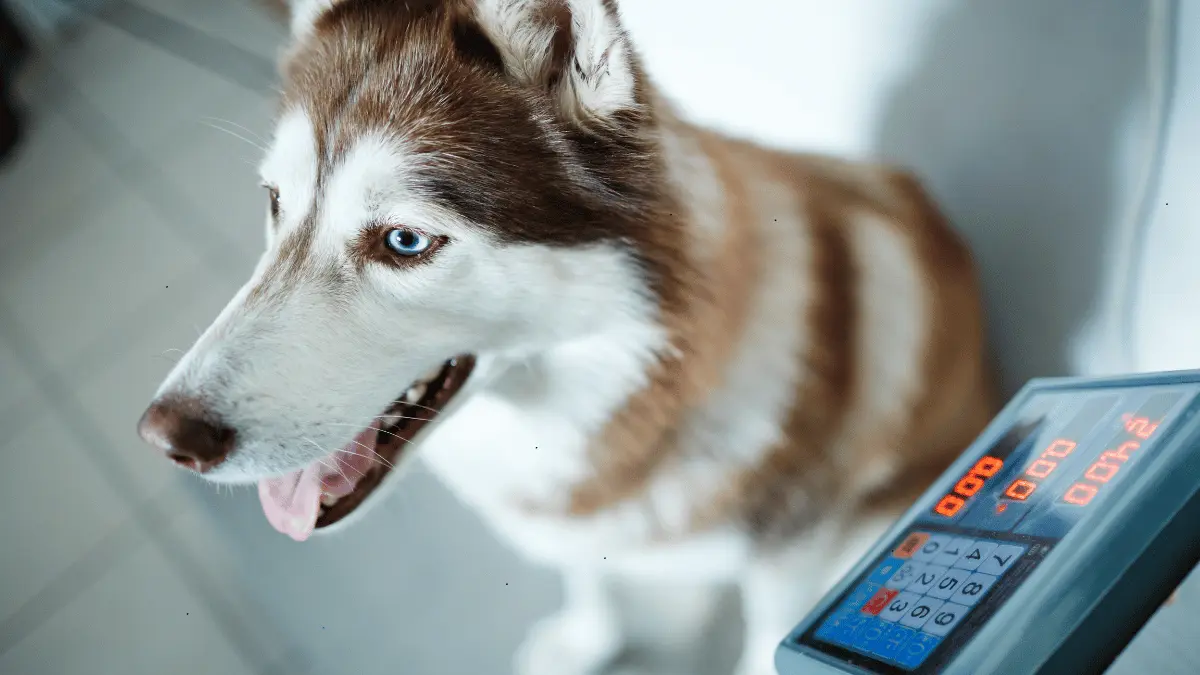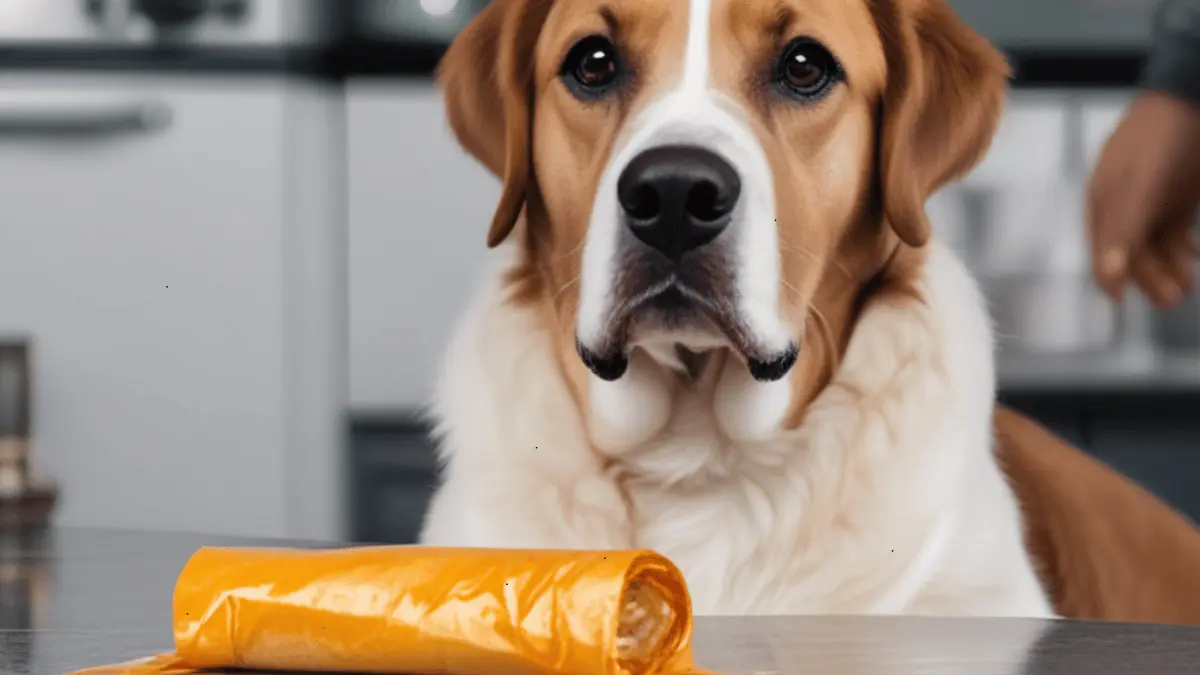Doggy Dandruff: A Guide to Treatment and Prevention
Dandruff isn’t just a human problem. Dogs can also experience it, leading to itchy, flaky skin. While it’s often not a serious issue, it can be uncomfortable for your furry friend. Here’s a guide to understanding doggy dandruff, its causes, and effective treatment methods.
Understanding Doggy Dandruff
Dandruff is characterized by excessive shedding of dead skin cells, resulting in dry, flaky patches on the skin. It can appear as small white flakes or larger, yellowish scales. While it’s typically not a sign of a major health problem, it can be a nuisance for both dog and owner.
Common Causes of Doggy Dandruff
Several factors can contribute to dandruff in dogs:
- Dry Skin: The most common cause is dry skin, often due to environmental factors, inadequate grooming, or underlying health conditions.
- Allergies: Allergies to food, environmental allergens (like pollen or dust), or parasites can trigger skin irritation and dandruff.
- Fungal Infections: Yeast infections, such as Malassezia, can lead to dandruff and excessive itching.
- Nutritional Deficiencies: A lack of essential nutrients in your dog’s diet can contribute to skin problems, including dandruff.
- Hormonal Imbalances: Hormonal issues can affect skin health and lead to dandruff.
Treating Doggy Dandruff
The best treatment for dandruff will depend on the underlying cause. Here are some common approaches:
- Regular Grooming: Brushing your dog regularly can help remove dead skin cells and distribute natural oils, reducing dryness.
- Moisturizing Shampoos: Use a gentle, moisturizing shampoo specifically formulated for dogs with dry skin. Look for products containing ingredients like oatmeal, aloe vera, or coconut oil.
- Omega-3 Fatty Acids: Supplements containing omega-3 fatty acids can help improve skin health and reduce inflammation.
- Veterinary Consultation: If dandruff persists or is accompanied by other symptoms (like excessive scratching or hair loss), consult with your veterinarian. They can rule out any underlying health conditions and recommend appropriate treatment.
Preventing Doggy Dandruff
To prevent future episodes of dandruff, consider the following tips:
- Healthy Diet: Ensure your dog is receiving a balanced diet with adequate nutrients to support skin health.
- Regular Baths: Bathe your dog using a gentle, moisturizing shampoo every 1-2 weeks, or as needed.
- Environmental Factors: Minimize exposure to irritants like harsh chemicals, excessive heat, or cold drafts.
- Preventative Care: Keep up with routine veterinary check-ups and vaccinations to address potential health issues that may contribute to dandruff.
By understanding the causes and following these treatment and prevention strategies, you can help your dog achieve healthy, flake-free skin.
Keywords: doggy dandruff, dog skin problems, dry skin in dogs, dog allergies, fungal infections in dogs, dog grooming tips, moisturizing shampoos for dogs, omega-3 fatty acids for dogs, veterinary care for dogs














